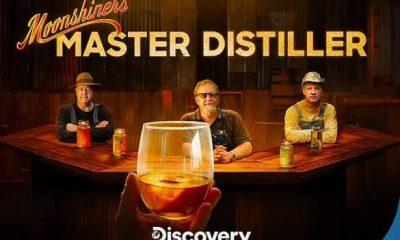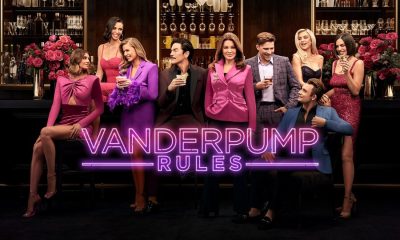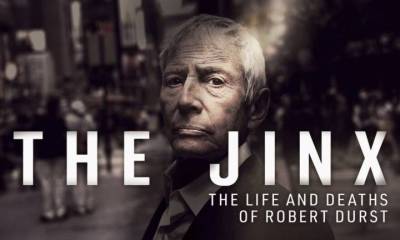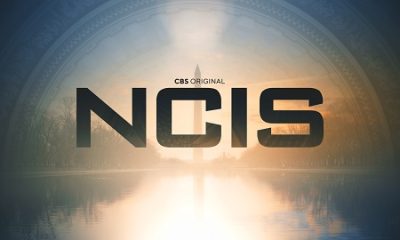Idols
Frank Sinatra: The Voice, The Man
Frank Sinatra. No other name so quickly conjures an image in our collective pop consciousness (well, maybe Elvis Presley, but Sinatra was the better actor). Whether we think of the skinny singer crooning to a crowd of Bobbysoxers or the jaded Rat Packer belting out “My Way” in Vegas, the defiant soldier taking on Ernest Borgnine in From Here to Eternity (1953) or the swaggering Private Eye in Tony Rome (1967), one fact stays constant: For over half a century Frank Sinatra was one of the world’s greatest show business phenomenons.
Francis Albert Sinatra was born December 12, 1915, in Hoboken, New Jersey. His father was a Sicilian-born fireman who had dabbled as a prizefighter; his mother was a midwife from Genoa who was active in local Democratic politics. An only child, Sinatra was indulged by parents, and he never lacked for clothes or toys. Self-discipline was another matter-he was expelled from high school for “general rowdiness.”
As a teenager, Sinatra found his life’s calling at a Bing Crosby concert in the mid 1930’s. Although he allegedly couldn’t read music and never took a singing lesson, it was there that Frank Sinatra decided to become a singer.
By 1938, Sinatra was doubling as a waiter and a singer at the Rustic Inn, a roadhouse in New Jersey. Soon he came to the attention of the bandleader, Harry James, who signed him as a vocalist in June of 1939. Six months later, Sinatra jumped ship to become the vocalist for the bandleader and trombonist Tommy Dorsey.
Sinatra’s career soared with Dorsey. His crooning attracted a following of young female fans known as “Bobbysoxers” (which didn’t deter him from marrying his childhood sweetheart, Nancy Barbato). In 1940, he had his first number one hit, “I’ll Never Smile Again.” In 1943, he negotiated an end to his contract with a reluctant Dorsey so he could go solo. By 1946 his record company, Columbia, estimated he was selling 10 million discs per year.
During the 1940’s, Sinatra also began to work in films. He made his debut as Dorsey’s vocalist in Higher and Higher (1943) and appeared in three popular Gene Kelly features, Anchors Aweigh (1945), Take Me Out To The Ball Game (1949) and On The Town (1949).
Sinatra’s career hit a bump in the road when his marriage broke up over his highly-publicized affair with the actress Ava Gardner. But he fought his way back, lobbying for and winning the part of Maggio in Fred Zinnemann’s film version of James Jones’s bestseller From Here To Eternity (1953). Working for scale, he won an Oscar, as Best Supporting Actor. His singing career, derailed by a stress-induced loss of his voice, also took off, thanks to his collaboration with arranger Nelson Riddle. But as his career flourished, his marriage deteriorated; he and Gardner divorced in 1957.
In the early 1960’s Sinatra, along with pals Peter Lawford, Dean Martin, Sammy Davis, Jr., and Joey Bishop caroused and performed all over Las Vegas. They were dubbed “The Rat Pack” and made several movies together, including Ocean’s Eleven (1960) and Sergeants Three (1962). But Sinatra’s best acting performance during this period was without the Rat Pack; he won rave reviews as a Korean War veteran in John Frankenheimer’s The Manchurian Candidate (1962).
Sinatra announced his retirement on March 23, 1971. Of course, he never stopped working. He recorded the album “Ol’ Blue Eyes is Back” in 1973 and appeared often on TV during the 1970’s. Once a liberal Democrat, he became a friend to President Nixon and sang for the President of Italy at a White House reception. His personal life stabilized also when he married Barbara Marx, the widow of Zeppo Marx, in 1976.
Ironically, in the 1990’s Frank Sinatra once again became a popular symbol for youth culture; his hip style was imitated by those bored of grunge and Gen-X slacking. Two albums, “Duets” and “Duets II” (on which contemporary artists like Carly Simon and Bono sang) won him new listeners. When he died of a heart attack on May 14, 1998, he was mourned by generations of fans, grandparents and grandchildren alike.



















































